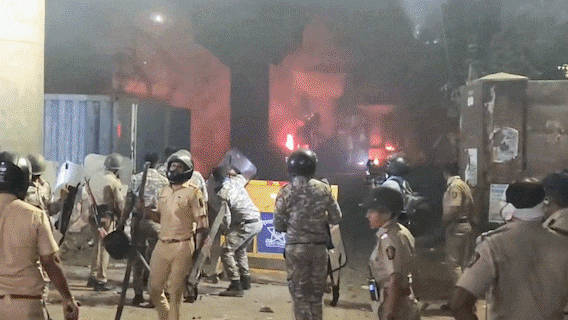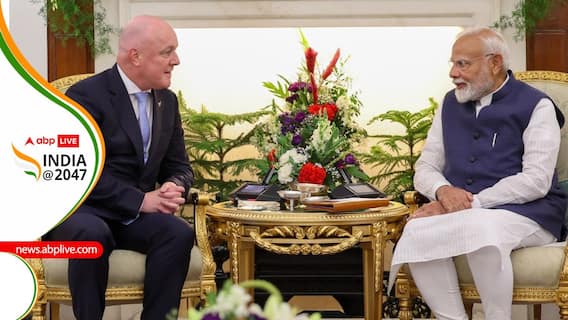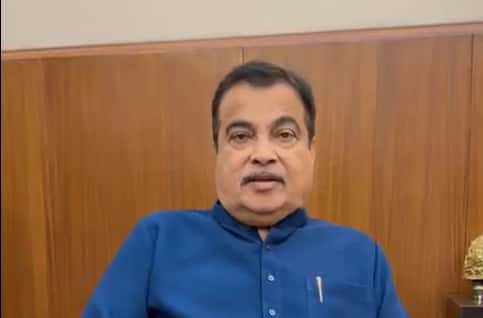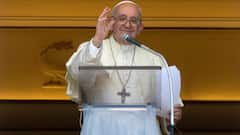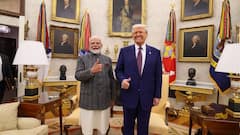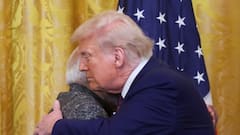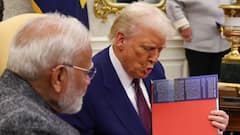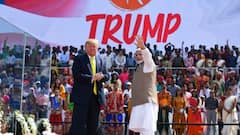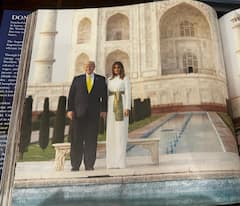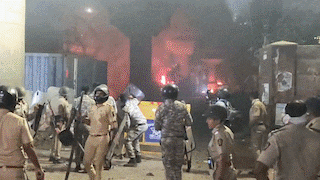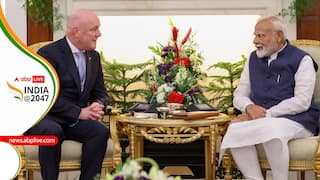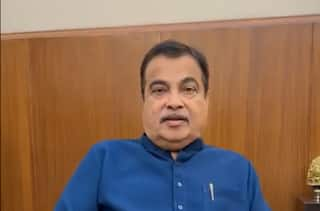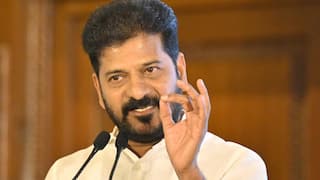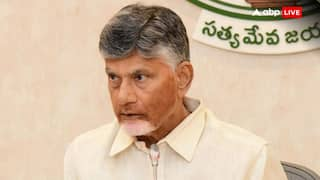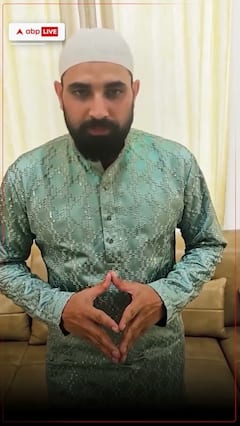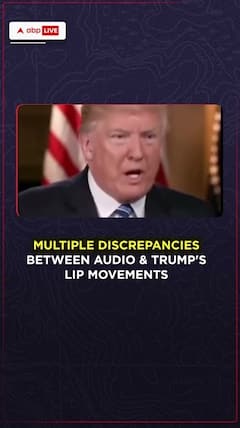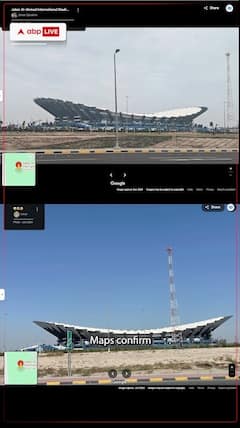Pakistan's Madarsa For Transgender: Rani Khan, Inspiration Behind First Islamic School For LGBTQ
The madrasa, which she set up herself using her life savings, is an important milestone for the LGBTQ community in the Muslim dominated nation where transgender face exclusion and insults as this could give them an opportunity to integrate into mainstream society.

Harvey Milk, one of the first openly gay elected officials in US history, very appositely said “Hope will never be silent.” These inspirational words aptly fit in the context of Rani Khan, who has set up Pakistan’s first transgender-only madrasa or Islamic religious school.
The madrasa, which she set up herself using her life savings, is an important milestone for the LGBTQ community in the Muslim dominated nation where transgender face exclusion and insults as this could give them an opportunity to integrate into mainstream society. There is, however, no official restriction on them attending religious schools or praying at mosques.
READ: India Confers Gandhi Peace Prize 2020 On Bangabandhu Sheikh Mujibur Rahman
“Most families do not accept transgender people. They throw them out of their homes. Transgender people turn to wrongdoing… At one time, I was also one of them,” Reuters quoted Khan as saying.
The 34-year-old, who studied the Quran at home and attended religious schools prior to opening the two-room madrasa in October last year, said the madrasa offered a place for the transgender people to worship, learn about Islam and repent for past actions.
“I’m teaching the Quran to please God, to make my life here and in the hereafter,” she added.
Khan, who also teaches stitching to her students expecting this would raise funds for the madrassa, further said no aid has been received from the government yet and added some officials have although made promises to help the students find jobs.
READ: Centre Requests To Increase Interval For Second Jab Of Covishield; Know Why
Pakistan’s Parliament recognised the third gender in 2018. This gave transgender people fundamental rights to choose their gender and to have that identity recognized on official documents.
Trending News
Top Headlines








